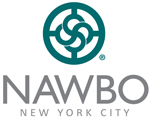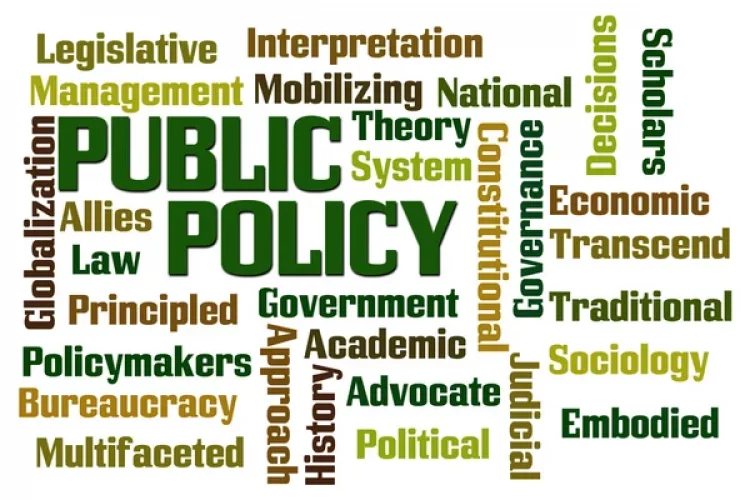We are all managing limited resources in our businesses and lives. We juggle limited time, access to capital and workers. We, as women business owners, are also jockeying for limited contract availability from the city, state and federal governments, as well as other contract opportunities. As much as the certification for WBE is helpful, it’s often not enough.
What to do? How do we use our limited resources to leverage the largest return? How do we, as a group of intelligent, hard working women, work together to create a wider road for ourselves and other women? How do we hold those responsible, accountable for contract opportunities that don’t hit the inclusion benchmarks? How do we make an impact on public policy that will directly influence our bottom line?
We all started our businesses because we wanted one (or more) of three things:
- Freedom to use our time as we wish
- Opportunity to build business (and personal) wealth
- Develop a system to support those coming after us
It’s easy to get so focused on one or two of the above, we forget a great deal of what impacts a business happens at the city, state and federal policy level. Because most policy decisions are either far off in the future or very broad in scale, it’s easy not to get involved.
Policy feels disconnected from our daily experience and our businesses are little in comparison to the labyrinthian city government.
But carving out a seat at the table for ourselves is vital to making sure the future of our city is equitable to those up and down the generational income ladder. The work we do now impacts our immediate, mid term and distant future.
We’ve come very far, we have more work to do. What we’ve built, individually and collectively, is worth defending, strengthening and developing and we can do a lot more together than we can individually.
I would like to invite you to get involved in NAWBO NYCs Public Policy Committee.
We need you.
Get involved to shape public policy and what we, at NAWBO NYC, advocate for on your behalf. You can do this a few ways:
- Read the Public Policy/Advocacy articles as they come out.
- Respond/Comment on articles.
- Email me (vivian@cmcnetwork.co) with any questions, ideas, or concerns.
- Join the Public Policy/Advocacy Committee (just email me!). We meet once a month, in person, in downtown Manhattan.
An important distinction on phrases:
Broadly, public policy is simply what the government, city council members, state assembly persons, state senators, etc., do or don’t do about a problem that comes before them for consideration and possible action.
Specifically, public policy has a number of key attributes:
- Policy is made in response to some sort of issue or problem that requires attention.
- Policy is what the government chooses to do (actual) or not do (implied) about a particular issue or problem.
- Policy might take the form of law, or regulation, or the set of all the laws and regulations that govern a particular issue or problem.
- Policy is made on behalf of the “public.”
- Policy is oriented toward a goal or desired state, such as the solution of a problem.
- Policy is ultimately made by governments, even if the ideas come from outside government or through the interaction of government and the public.**
- Policymaking is part of an ongoing process that does not always have a clear beginning or end, since decisions about who will benefit from policies and who will bear any burden resulting from the policy are continually reassessed, revisited and revised.
Advocacy just means “speaking up.”
Anyone, including people employed by state and local governments, can be an advocate. Advocacy is educating the public; providing information and resources to individuals in need of help; going into court; commenting on regulations; and helping individuals get benefits or services to which they are entitled. You can advocate for yourself, for someone else or as a group.
**Lobbying generally is seen in a negative light, but it’s just one type of advocacy. It applies to communication with elected officials that takes a position on a pending piece of legislation and urges action.
There is no excuse for not speaking up. Most governing happens on the local level, so we’ll begin with the City Council and make our way up to the state and national levels, but as I stated above, we need your voice in the mix.
You matter. Your business matters. Your voice matters.
Please contact Vivian Mandala, vivian@cmcnetwork.co, the Chair of NAWBO NYCs Public Policy/Advocacy Committee if you are interested in signing up for the Public Policy/Advocacy Committee. She also sits on NAWBO Nationals Advocacy Committee.


